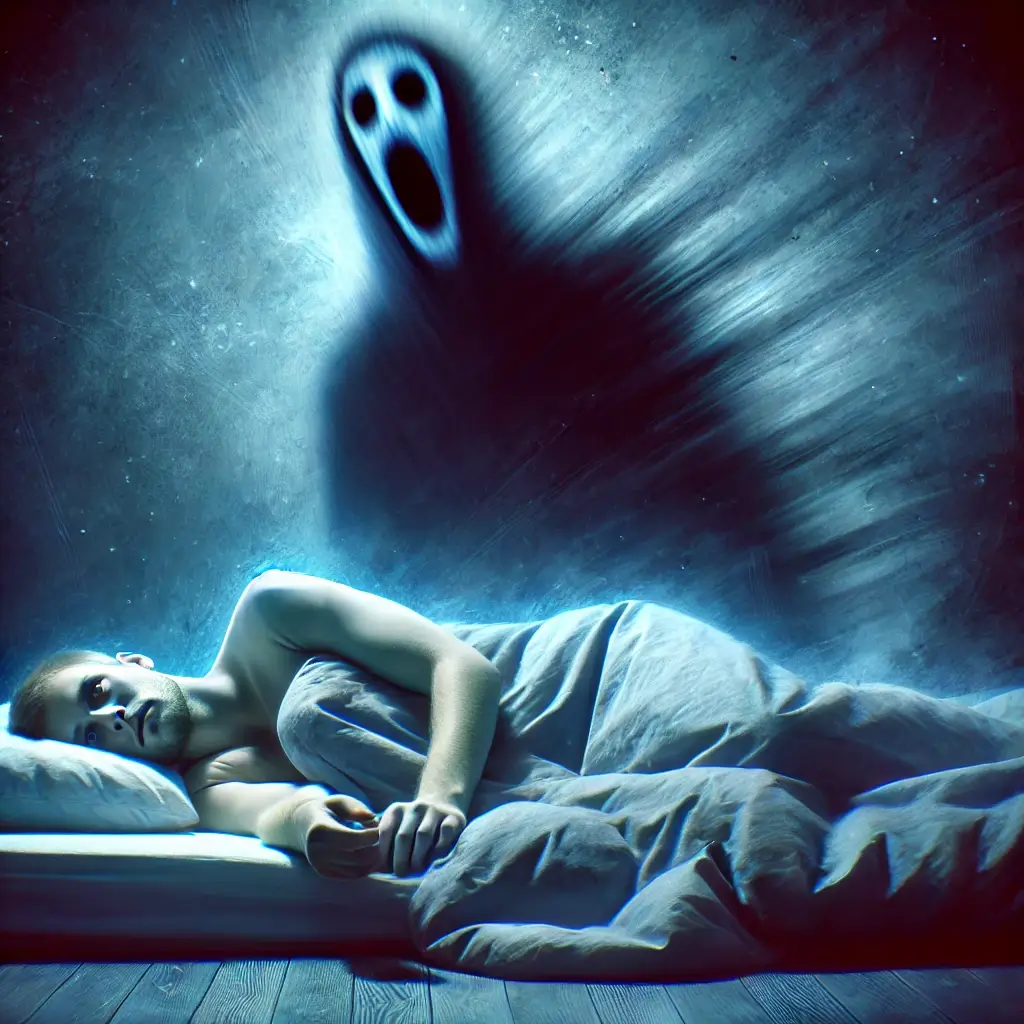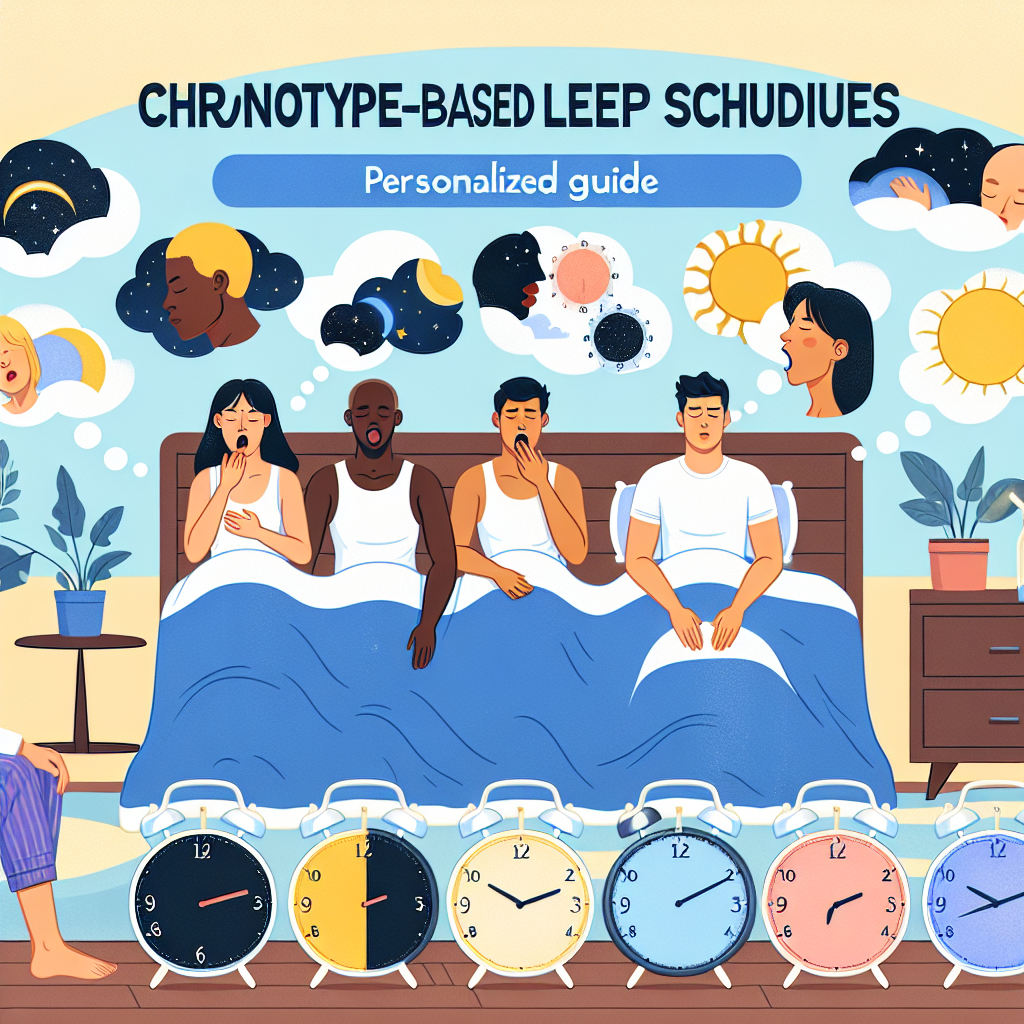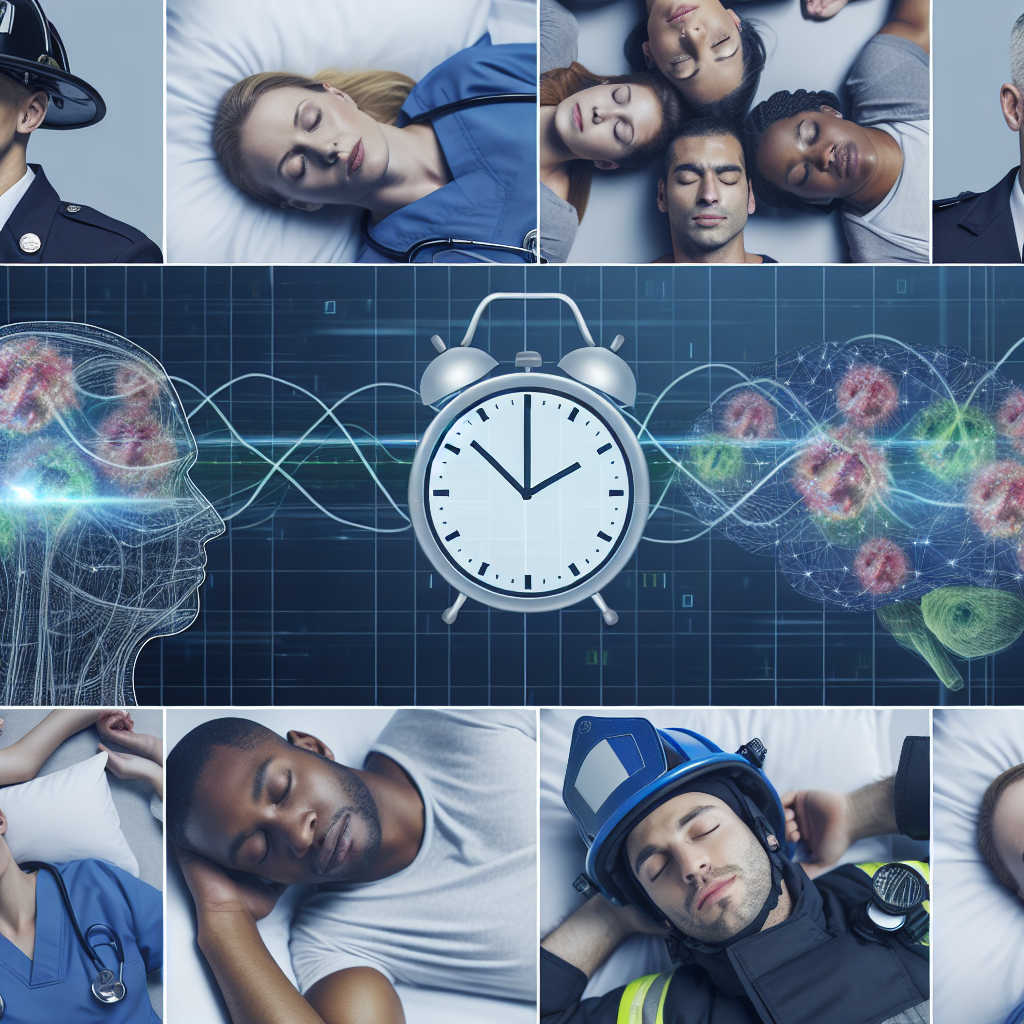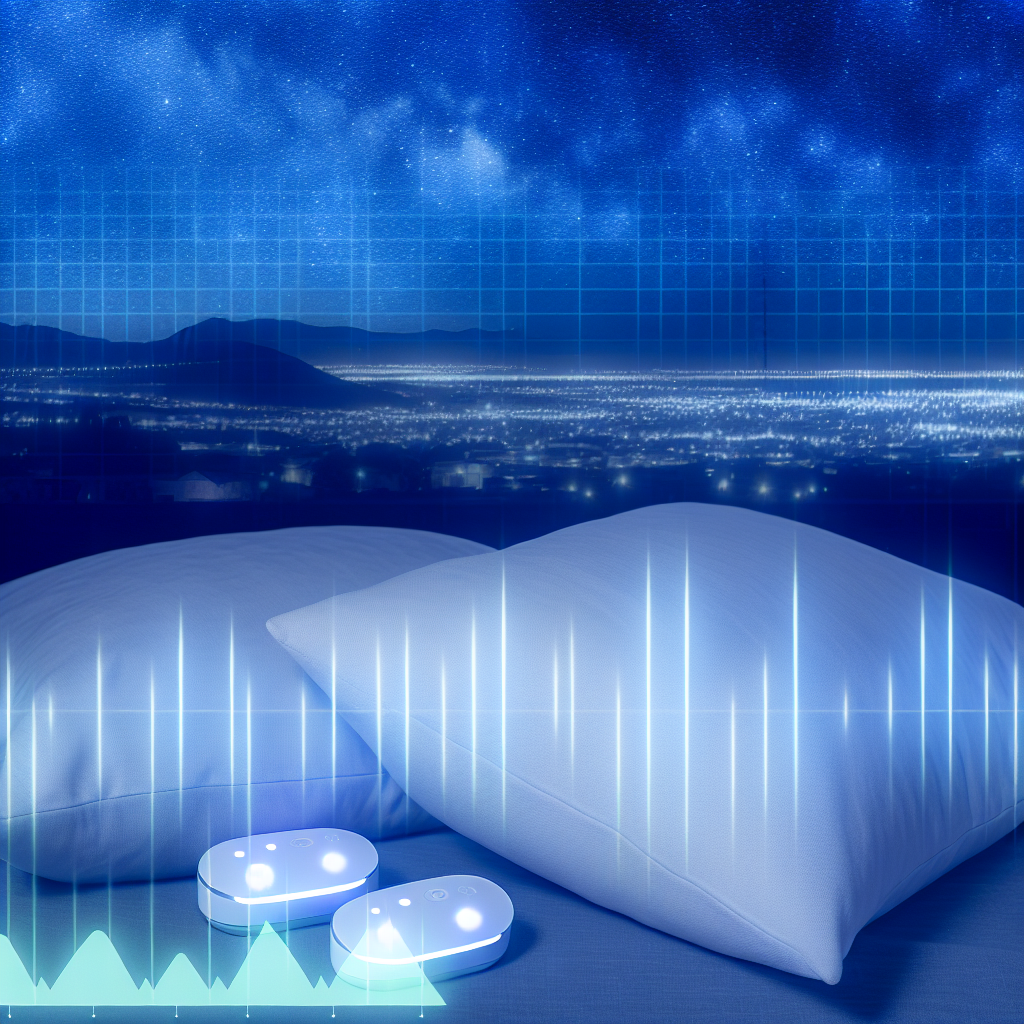What is Sleep Paralysis
Sleep paralysis is when a person temporarily can not move or speak as they are falling asleep or waking up. A lot of people go through it; up to 40% of people will at some point in their lives.
Understanding the Sleep-Wake State
People sometimes experience sleep paralysis when they are in the strange and sometimes scary state between sleeping and waking up. The brain is still partly asleep during this short but busy time, while the body is trying to wake up or fall asleep. The person is fully awake and aware of their surroundings, but they can not move or speak because of this.
Common Experiences During Sleep Paralysis
There are people who may feel very upset during this experience, especially those who do not know what is going on. They might feel stuck, powerless, and open to harm. They might even have intense hallucinations or nightmares. It is important to remember, though, that sleep paralysis is pretty common—up to 40% of people will experience it at some point in their lives.
Common Causes and Risk Factors
A lack of sleep, irregular sleep habits, worry, and some medicines or substances can all lead to sleep paralysis. Also, some people may be more likely to experience sleep paralysis because they already have a brain or mental illness.
Safety and Management
No matter how scary it is, sleep paralysis is usually not dangerous and goes away on its own in a few minutes. Those who experience it often or find it especially upsetting can, however, use a number of tactics to lessen the number and severity of their bouts. Some of these are getting better sleep habits, dealing with worry, and getting medical or mental health help if you need it.
Understanding Brain and Body Connection
Overall, sleep paralysis is an interesting and difficult to understand condition that shows how the brain and body work together during the sleep-wake cycle. Certain people may find it upsetting, but it is a normal and natural part of being human.
The Science Behind Sleep Paralysis
Sleep paralysis happens when the brain’s sleep-wake routine is off for a short time. Our brains change in a number of ways that help us relax and fall asleep. A loss of muscle movement is one of these changes. We have to do this so we do not live out our dreams.
Immediate Actions During Sleep Paralysis
Most of the time, sleep paralysis goes away on its own in a few minutes. For some, though, it can be very scary. There are some things you can do to get better if you have sleep paralysis:
Try not to stress out and relax.
Move your toes or fingers. This might help your body wake up.
Try to call for help if you can.
When to Seek Medical Help
People with sleep paralysis should see a doctor if they have it often or if it comes with other symptoms like sadness or worry. Sleep paralysis could be a sign of a more serious sleep problem, like narcolepsy.
Prevention Tips
To help you avoid sleep paralysis, here are some tips:
Sleep enough.
Make a normal bedtime routine and try to stick to it as much as possible.
Do not drink coffee or alcohol before bed.
Set up a relaxing routine for going to bed.
Do a lot of exercise, but do not work out right before bed.
If you often get sleep paralysis, do not take naps during the day.
Getting Help
To get help with sleep paralysis or if it is getting in the way of your daily life, talk to your doctor.

Dominic E. is a passionate filmmaker navigating the exciting intersection of art and science. By day, he delves into the complexities of the human body as a full-time medical writer, meticulously translating intricate medical concepts into accessible and engaging narratives. By night, he explores the boundless realm of cinematic storytelling, crafting narratives that evoke emotion and challenge perspectives.
Film Student and Full-time Medical Writer for ContentVendor.com




